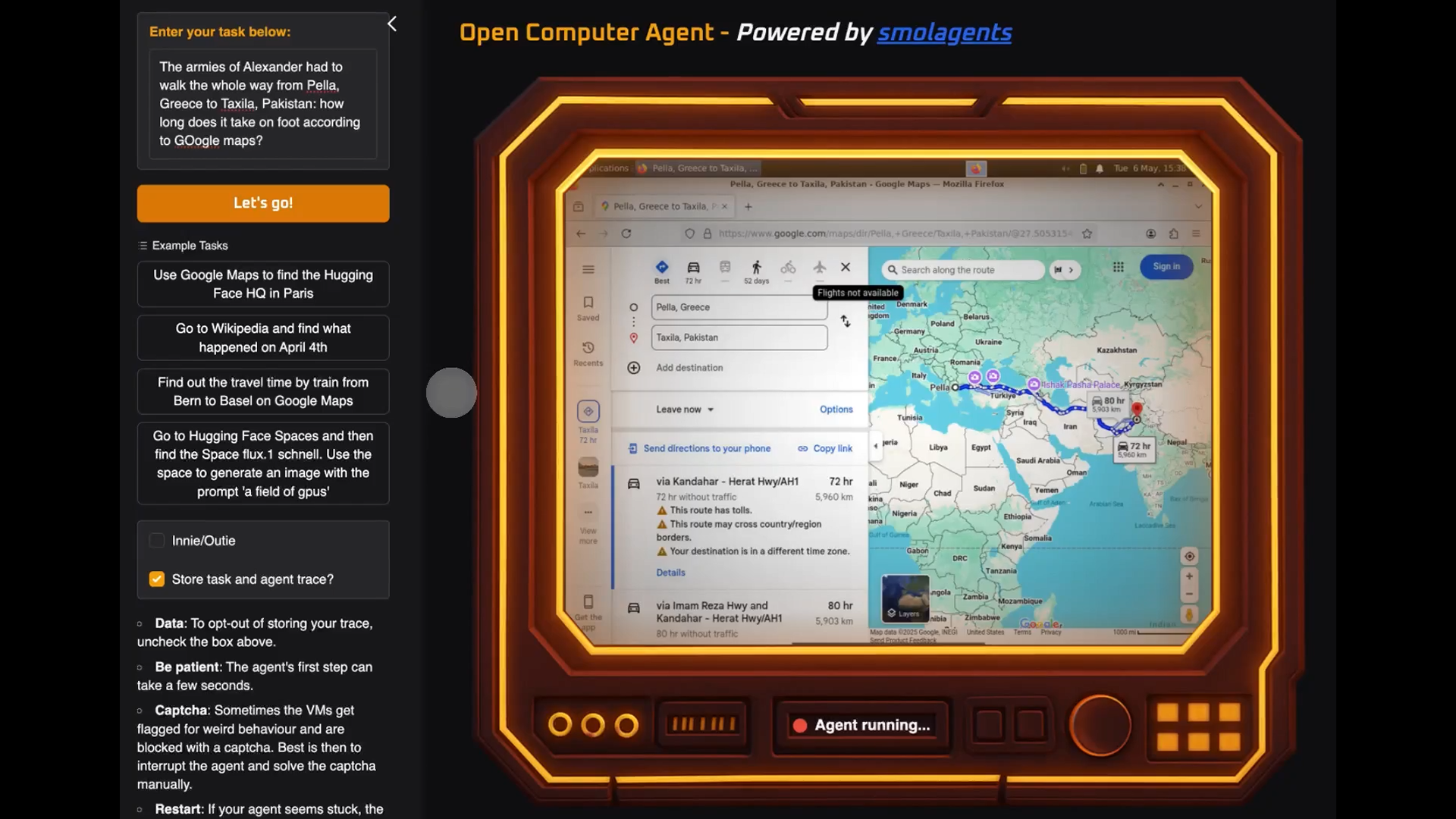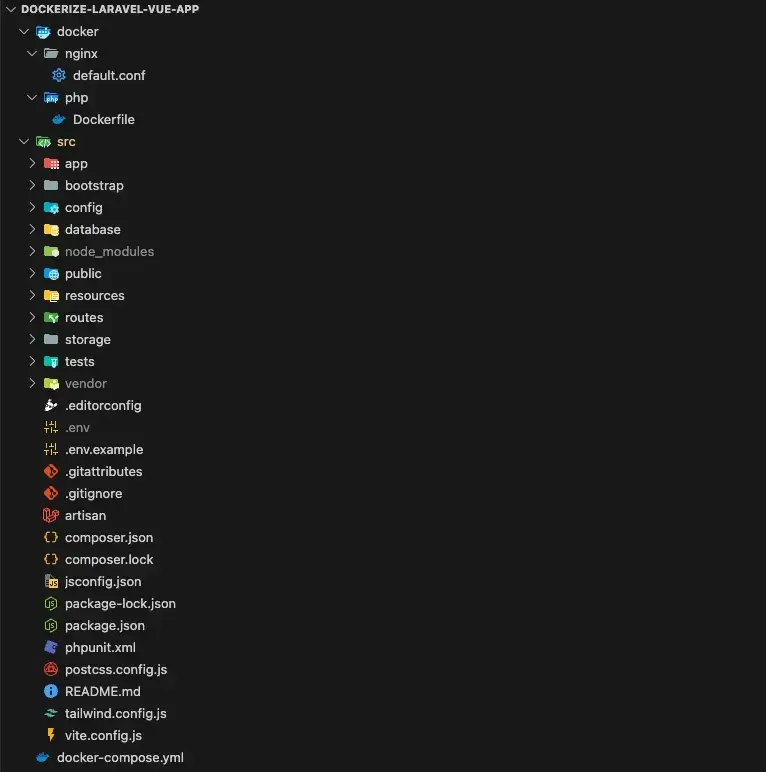5 Reasons Why Some Junior Developers Never Become Seniors
Becoming a senior developer isn’t just about years of experience—it's about how you grow, think, and adapt. Unfortunately, not every junior developer makes it to the senior level. In this post, I’ll break down five common reasons why that growth sometimes stalls. 1. Lack of Continuous Learning You risk becoming outdated if you’re not actively learning new frameworks, languages, or patterns. Reading documentation, experimenting with side projects, and staying curious are essential habits. Seniors don’t stop learning—they learn faster and more strategically. Tip: Allocate a few hours each week to explore something new, even if it's outside your current stack. 2. Weak Problem-Solving Skills It’s one thing to write code that works—it’s another to understand why it works and how it can be improved. Junior developers who always reach for Stack Overflow before thinking through a problem or who shy away from complex bugs may struggle to grow. Senior developers are expected to break down problems, propose solutions, and think critically under pressure. Tip: Practice solving problems on platforms like LeetCode, CodeWars, or by contributing to open source. 3. No Ownership Mentality Are you just completing tasks, or are you owning features? Taking ownership means being responsible for the design, development, testing, and success of what you build. Juniors who always wait to be told what to do—or deflect responsibility when things go wrong—miss out on opportunities to lead. Tip: Start by volunteering to take charge of small features or improvements end-to-end. 4. Poor Communication & Collaboration You could be the best coder on the team, but if you can’t communicate your ideas or work well with others, you’re not going to grow. Senior developers are often bridges between teams. They write documentation, review pull requests, and mentor juniors. If you’re not building those soft skills, it will be hard to take the next step. Tip: Practice explaining technical concepts in plain English. Write blog posts. Lead a sprint demo. Pair program. 5. Fear of Failure or Avoiding Challenges Growth comes from discomfort. The sooner you’re okay with being wrong or struggling with tough problems, the sooner you’ll grow. Some juniors avoid challenging work because they’re afraid to fail. But every senior developer has a graveyard of bugs and broken deployments behind them—it’s part of the journey. Tip: Say “yes” to things that scare you. Take on that refactor. Dive into legacy code. You’ll learn faster than you think. Final Thoughts Not every junior developer becomes a senior, but every senior started as a junior. It’s not just about coding more, it’s about thinking differently, owning your growth, and embracing the challenges ahead. Are you working on leveling up right now? What’s been your biggest obstacle or breakthrough? Let me know in the comments. See you in my next post.

Becoming a senior developer isn’t just about years of experience—it's about how you grow, think, and adapt. Unfortunately, not every junior developer makes it to the senior level. In this post, I’ll break down five common reasons why that growth sometimes stalls.
1. Lack of Continuous Learning
You risk becoming outdated if you’re not actively learning new frameworks, languages, or patterns. Reading documentation, experimenting with side projects, and staying curious are essential habits. Seniors don’t stop learning—they learn faster and more strategically.
- Tip: Allocate a few hours each week to explore something new, even if it's outside your current stack.
2. Weak Problem-Solving Skills
It’s one thing to write code that works—it’s another to understand why it works and how it can be improved.
Junior developers who always reach for Stack Overflow before thinking through a problem or who shy away from complex bugs may struggle to grow. Senior developers are expected to break down problems, propose solutions, and think critically under pressure.
- Tip: Practice solving problems on platforms like LeetCode, CodeWars, or by contributing to open source.
3. No Ownership Mentality
Are you just completing tasks, or are you owning features?
Taking ownership means being responsible for the design, development, testing, and success of what you build. Juniors who always wait to be told what to do—or deflect responsibility when things go wrong—miss out on opportunities to lead.
- Tip: Start by volunteering to take charge of small features or improvements end-to-end.
4. Poor Communication & Collaboration
You could be the best coder on the team, but if you can’t communicate your ideas or work well with others, you’re not going to grow.
Senior developers are often bridges between teams. They write documentation, review pull requests, and mentor juniors. If you’re not building those soft skills, it will be hard to take the next step.
- Tip: Practice explaining technical concepts in plain English. Write blog posts. Lead a sprint demo. Pair program.
5. Fear of Failure or Avoiding Challenges
Growth comes from discomfort. The sooner you’re okay with being wrong or struggling with tough problems, the sooner you’ll grow.
Some juniors avoid challenging work because they’re afraid to fail. But every senior developer has a graveyard of bugs and broken deployments behind them—it’s part of the journey.
- Tip: Say “yes” to things that scare you. Take on that refactor. Dive into legacy code. You’ll learn faster than you think.
Final Thoughts
Not every junior developer becomes a senior, but every senior started as a junior. It’s not just about coding more, it’s about thinking differently, owning your growth, and embracing the challenges ahead.
Are you working on leveling up right now? What’s been your biggest obstacle or breakthrough?
Let me know in the comments. See you in my next post.











































































































































































![[The AI Show Episode 146]: Rise of “AI-First” Companies, AI Job Disruption, GPT-4o Update Gets Rolled Back, How Big Consulting Firms Use AI, and Meta AI App](https://www.marketingaiinstitute.com/hubfs/ep%20146%20cover.png)





























































































































![Ditching a Microsoft Job to Enter Startup Purgatory with Lonewolf Engineer Sam Crombie [Podcast #171]](https://cdn.hashnode.com/res/hashnode/image/upload/v1746753508177/0cd57f66-fdb0-4972-b285-1443a7db39fc.png?#)





























































.jpg?width=1920&height=1920&fit=bounds&quality=70&format=jpg&auto=webp#)





























































































































































-xl.jpg)





























![New iPad 11 (A16) On Sale for Just $277.78! [Lowest Price Ever]](https://www.iclarified.com/images/news/97273/97273/97273-640.jpg)

![Apple Foldable iPhone to Feature New Display Tech, 19% Thinner Panel [Rumor]](https://www.iclarified.com/images/news/97271/97271/97271-640.jpg)




































































































